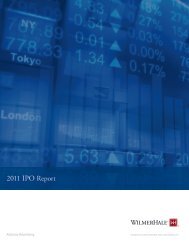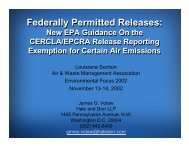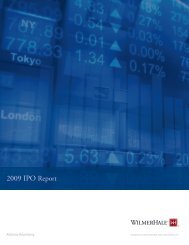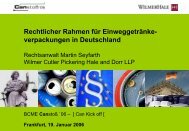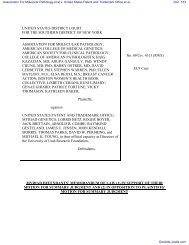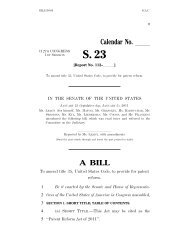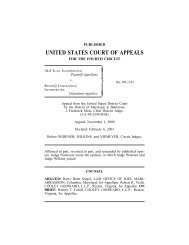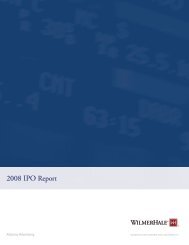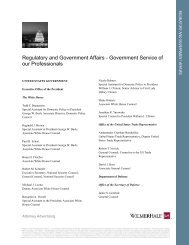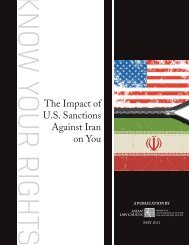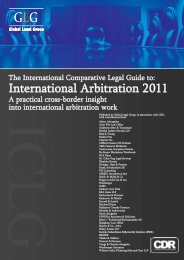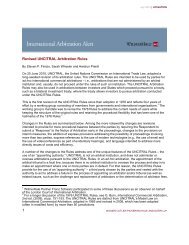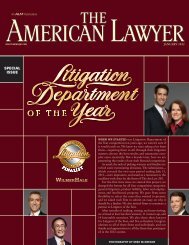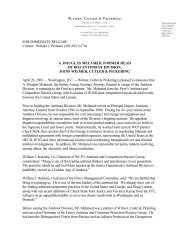Innogenetics, N.V. v. Abbott Laboratories - WilmerHale
Innogenetics, N.V. v. Abbott Laboratories - WilmerHale
Innogenetics, N.V. v. Abbott Laboratories - WilmerHale
You also want an ePaper? Increase the reach of your titles
YUMPU automatically turns print PDFs into web optimized ePapers that Google loves.
district court’s reason for restricting Dr. Cha’s testimony—that witnesses who will begiving scientific testimony are not exempt from the report requirements of Rule26(a)(2)(B), even when they are not compensated for their work. In sum, the districtcourt concluded that <strong>Abbott</strong> should have provided an expert report to <strong>Innogenetics</strong> forDr. Cha’s specialized testimony. The Seventh Circuit has expressly left open thequestion of whether experts not specially retained but providing scientific testimonymust comply with Rule 26(a)(2)(B), see Musser v. Gentiva Health Servs., 356 F.3d 751,758 n.3 (7th Cir. 2004), and we need not reach this issue since <strong>Abbott</strong> has notchallenged this determination.The district court also concluded that Dr. Cha’s testimony should be limitedbecause any information he might have to offer beyond the words of the Cha PCTapplication would be irrelevant to the issue before the jury of “whether the Cha [PCT]application was sufficient in itself to have informed a person of ordinary skill in the art in1992 how to distinguish among HCV genotypes by using probes in the 5’ UTR.” As theinventor behind the Cha PCT application, Dr. Cha could have added information thatmight not have been understood by a person of ordinary skill in the art just from readingthe application, such as the conditions he used for his experiments or explanations foranomalous results. Again, <strong>Abbott</strong> fails to address the district court’s reasoning ordiscuss how Dr. Cha’s testimony would inform the jury of how the ordinary artisan wouldunderstand the disclosures of the Cha PCT application. Therefore, we affirm the districtcourt’s evidentiary ruling because it was not an abuse of its discretion.2. The Cha patent2007-1145, -1161 16



